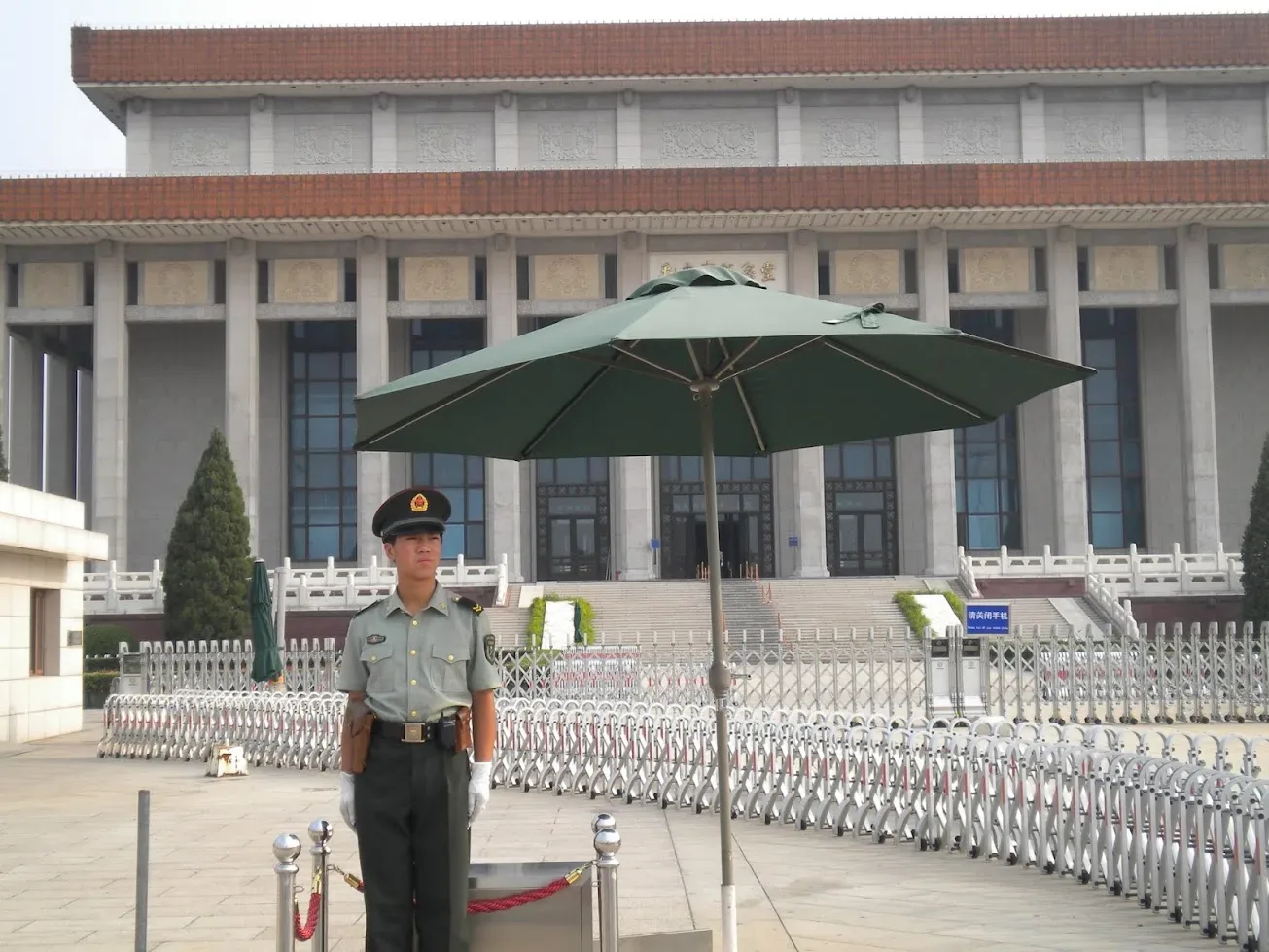Recently at a government-backed event called ‘Quantum Technology Frontier Experts and Innovations Workshop’ (approximate translation) in Beijing, we received an update from Xue Qi Kun, Head of Beijing Academy of Quantum Information Sciences (BAQIS) and many more quantum experts. These experts shared the latest findings on Chinese quantum research and discussed the future of quantum computing. The subjects discussed were quantum state control, quantum computing and simulation, quantum networks, quantum information science, and many more.
Professor Xue talked about how BAQIS was a powerhouse in terms of international quantum, ever since its 2017 inception as a collaboration between many Chinese universities and institutions. In Beijing, there are more than 150 quantum researchers and other personnel from around the world and they comprise more than ten teams. These teams are working on nanotechnology as well as comprehensive tests related to quantum technologies. This shows us how BAQIS has a powerful claim to being at the forefront of international quantum technology.
Professor Xue also said that currently, the five subjects within quantum technology BAQIS is focusing on are quantum states, quantum computing, quantum communications, quantum engineering/materials, and quantum cryptography.
Million Qubit Quantum Computers
In recent years and times, Chinese quantum researchers have been able to achieve a variety of breakthroughs. BAQIS Assistant Researcher Fei Tian talked about how China intends to build million-qubit quantum computers, but they intend to work towards this goal. The use of zero nuclear spin Group 4 materials has been able to eliminate the noise interference in these systems, allowing for efficient qubits. The creation of new circuits that can function in higher temperatures is also bolstering this effort of designing and making powerful quantum computers.
Chinese Academy of Sciences Physics Researcher Fan Heng talked about superconducting quantum computing. He mentioned that many companies believed that this was a key method of achieving quantum computing breakthroughs. Recently China has been able to develop advanced quantum computing simulations, quantum machine learning, and multi-state quantum equipment. The current goal is to reduce the amount of noise in scalable quantum computing, and he believes that in a few years this goal will be met. In the short term, this research will be able to create practical superconducting quantum computing applications as well as support the research in this area. Ultimately, said research will transition from the laboratory to practical products for commercial use.
Recently, BAQIS and Tsinghua University collaborated on a project which managed to successfully create a practical quantum direct communications apparatus. It was able to reach 4kbps speeds using quantum direct communication. The network was around 10 km long as well.

